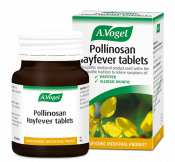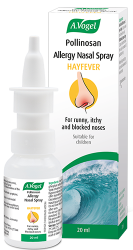What’s animal dander?
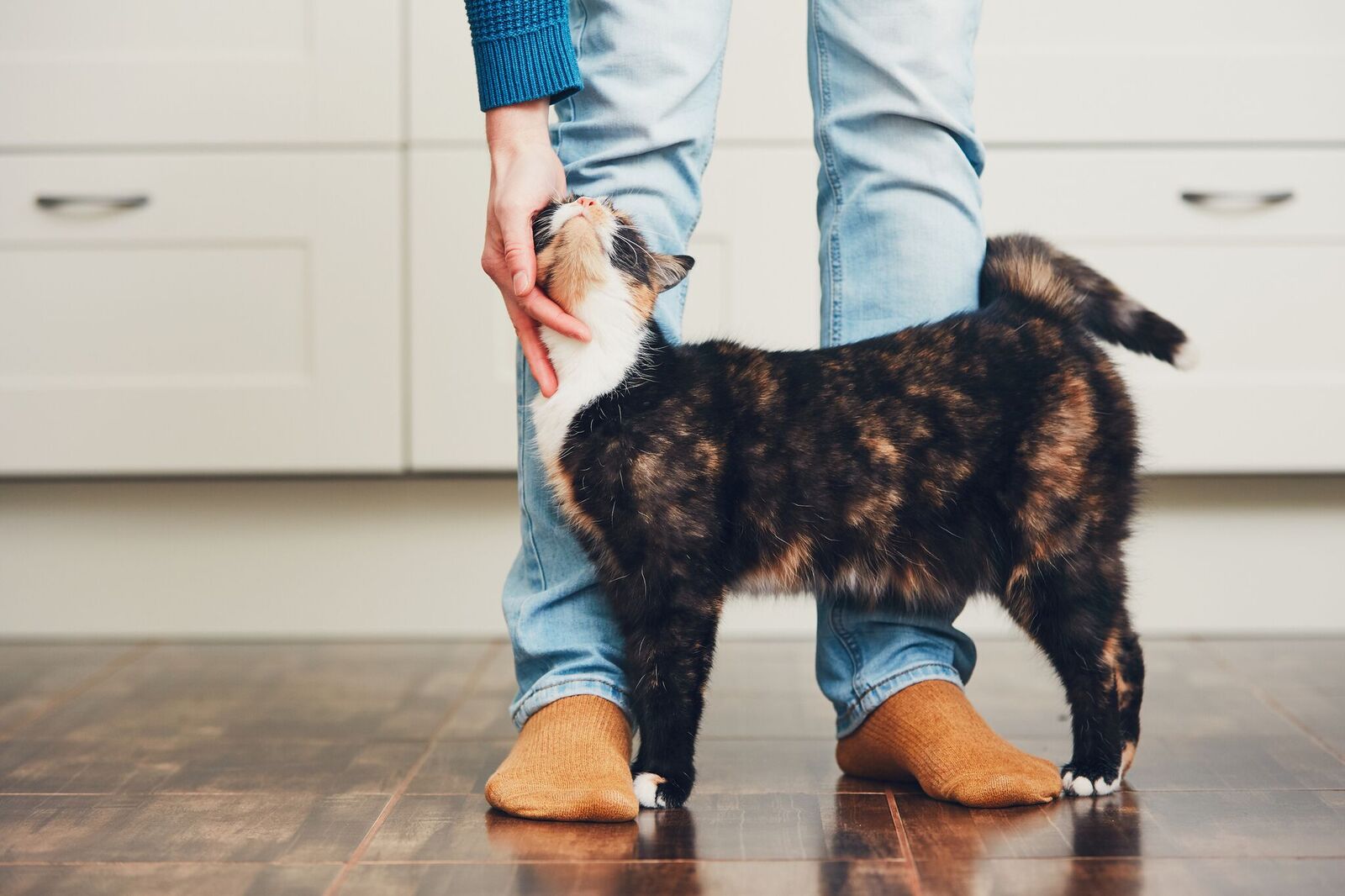
People often misunderstand their pet allergy, believing that it is caused by an animal’s fur when, in fact, it’s usually animal dander that’s the problem. So, what exactly is this and why might it cause problems like sneezing and watery eyes?
Well, animal dander is the salvia, urine and dead skin cells that are shed from cats and other animals including dogs. In someone with an allergy, the immune system is very sensitive and so when it comes into contact with animal dander, it over-reacts.
In an attempt to fight off what it deems to be a dangerous allergen, the immune system usually releases histamine. This results in the familiar symptoms of, amongst other things, sneezing, itching and watery eyes.
Are cat allergies worse?

Cat dander contains a protein called Fel de 1 and, for a number of reasons, this is what can make a cat allergy more problematic than a dog allergy.
- Unlike dog allergens, the protein can stay airborne for hours
- The allergen is small so it is easily breathed in through the nose and mouth
- It’s sticky so it can attach easily to clothes, bedding and carpets therefore, even if you don’t have a cat yourself, if you come into contact with a cat owner you could begin to experience symptoms.
Therefore, although both cats and dogs produce animal dander, this dander differs between the two animals. Therefore, it is possible for a cat allergy to be more severe than a dog allergy. It may also explain why more people suffer from cat allergies than dog allergies.
Where’s the evidence?
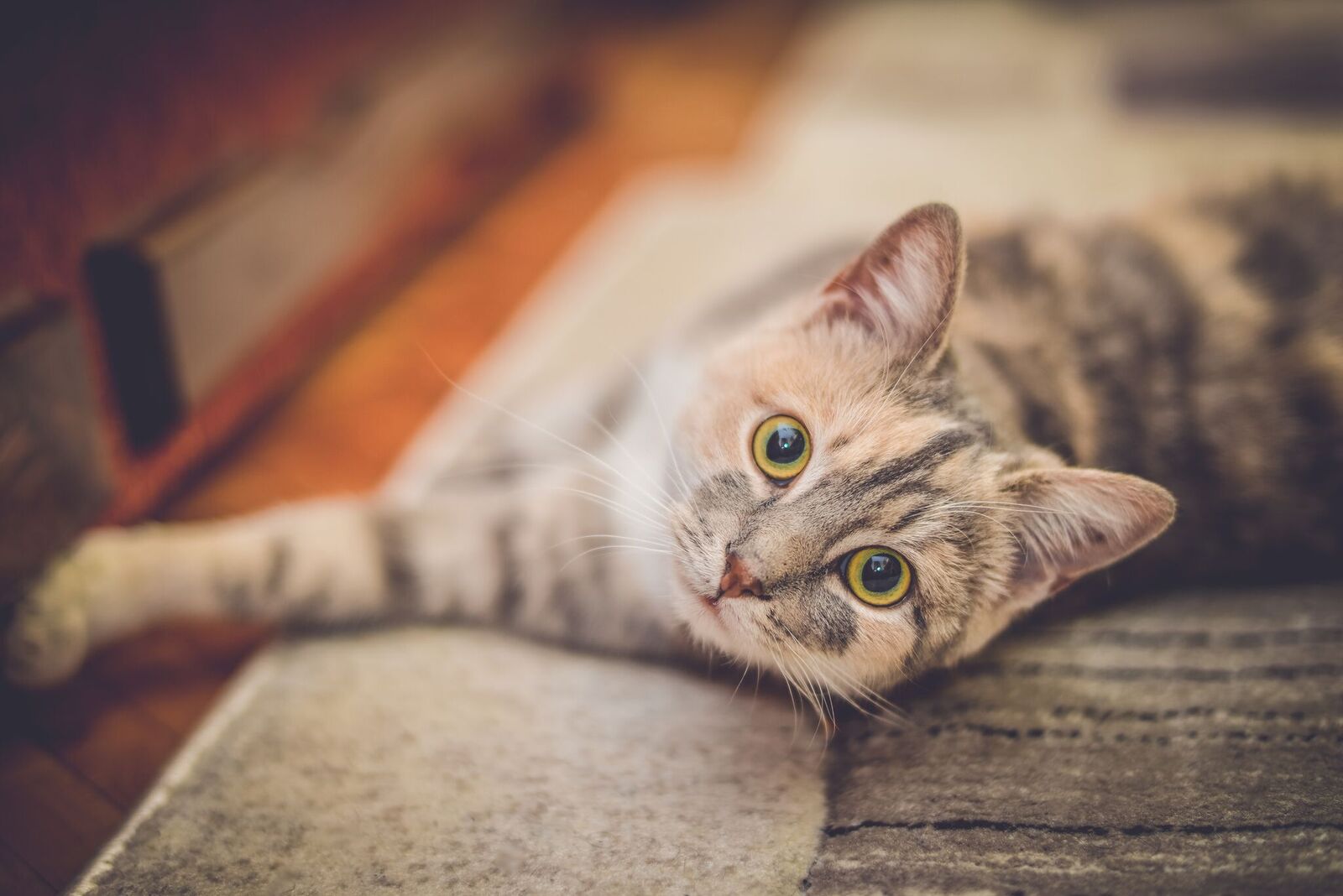
It is all very well for me to pass this information on to you however, you may just be wondering if there is any evidence that backs up what I’ve said.
Well, a study included in the Journal of Allergy and Clinical Immunology looked at the frequency and severity of cat allergy versus dog allergy in atopic children. After conducting skin tests (this is how doctors test for allergies) on a group of children after exposure to cats and dogs, researchers found that results were more often positive after contact with cats, rather than after contact with dogs. Their conclusion was that children were more allergic to cats than dogs.1
Hypoallergenic cat breeds
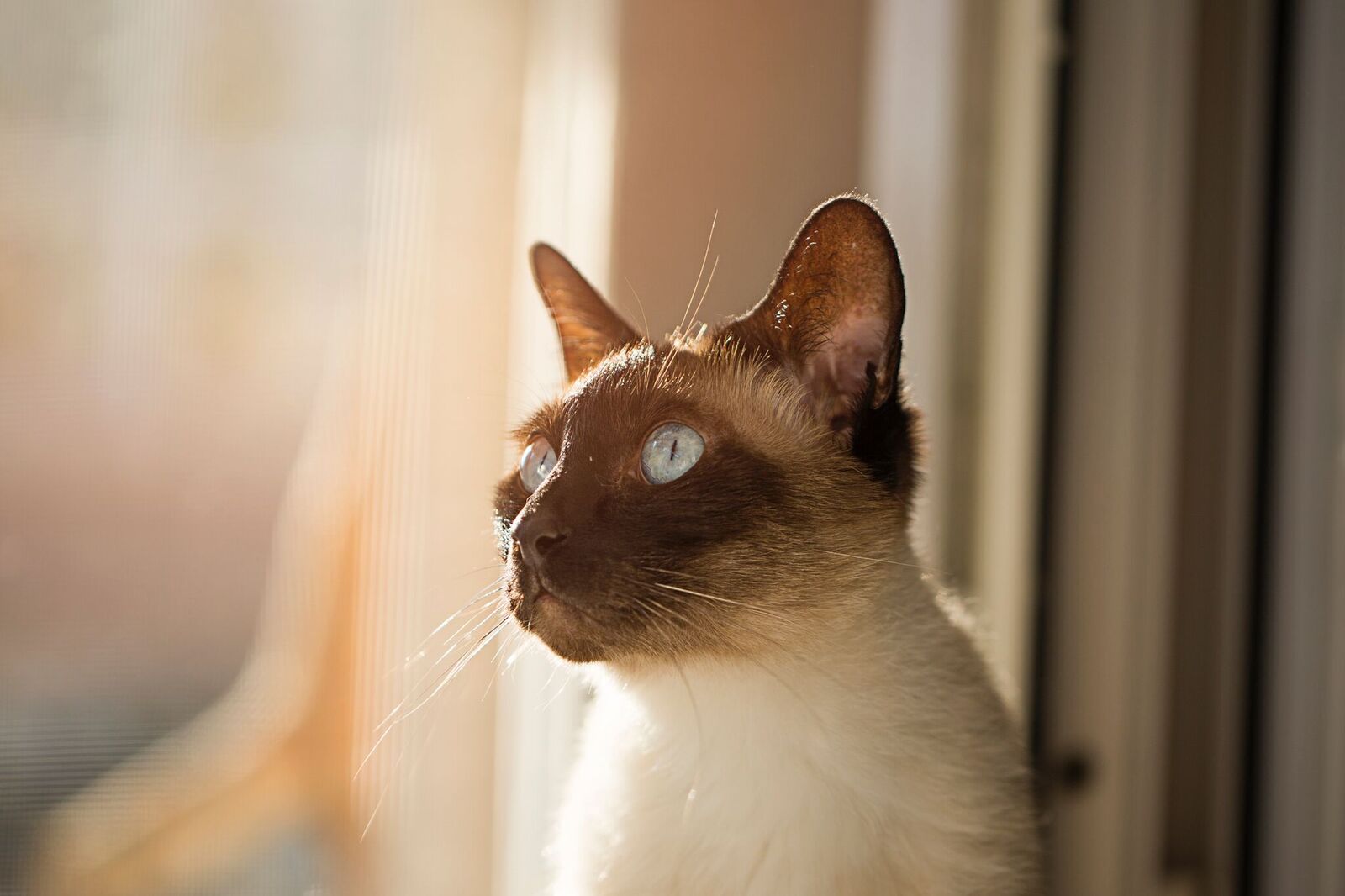
Sometimes certain breeds of cat are deemed hypoallergenic meaning they are less likely to cause allergy symptoms. However, regardless of their size, their fur length or their type of fur, all cats produce dander and so have the potential to cause problems like itching, sneezing or a blocked nose.
Nevertheless, it is usually agreed that female cats produce less allergens than male cats and neutered males produce less than non-neutered males.
Tips for controlling your cat allergy

If your suffer from an allergy but own a cat, or planning on visiting one sometime soon, there are a few things you can do to minimise the effects of the animal’s dander.
- Wash your hands after petting the cat to get rid of allergens
- Keep the pet out of your bedroom
- Keep cats off sofas and chairs – provide them with their own bedding instead
- Brush your cat outside or, better still, get someone else to brush them
- If possible, remove carpets as allergens can collect here
- Use an allergy-proof vacuum cleaner when cleaning as a normal vacuum cleaner will just blow allergens around
- Open windows regularly to try and get rid of dander
- Use damp cloths to dust – a normal duster tends to just push allergens around
- Clean the litter tray as soon as a mess has been made
- Visit your doctor – it’s a good idea to confirm the allergy with your doctor as other common allergens like mould spores, dust mites and pollen can cause similar symptoms to a pet allergy.
Address symptoms
As mentioned, cat allergies can cause a whole host of symptoms but fortunately we have a range of herbal remedies that might help.
If cats bring out symptoms in your eyes, our Moisturising Eye Drops may prove beneficial as they soothe dry, tired and irritated eyes. They can also be used by those with contact lenses if this applies to you.
Skin problems are also common for allergy sufferers so if you experience redness or itching as a result of your cat, our Neem Cream may help. This soothes and calms irritation to leave you feeling more comfortable.
1 https://www.ncbi.nlm.nih.gov/pubmed/6886252





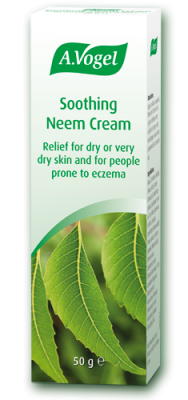
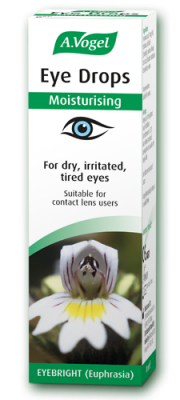
 Looking for help to ease those dry, tired and irritated eyes?
Looking for help to ease those dry, tired and irritated eyes?
